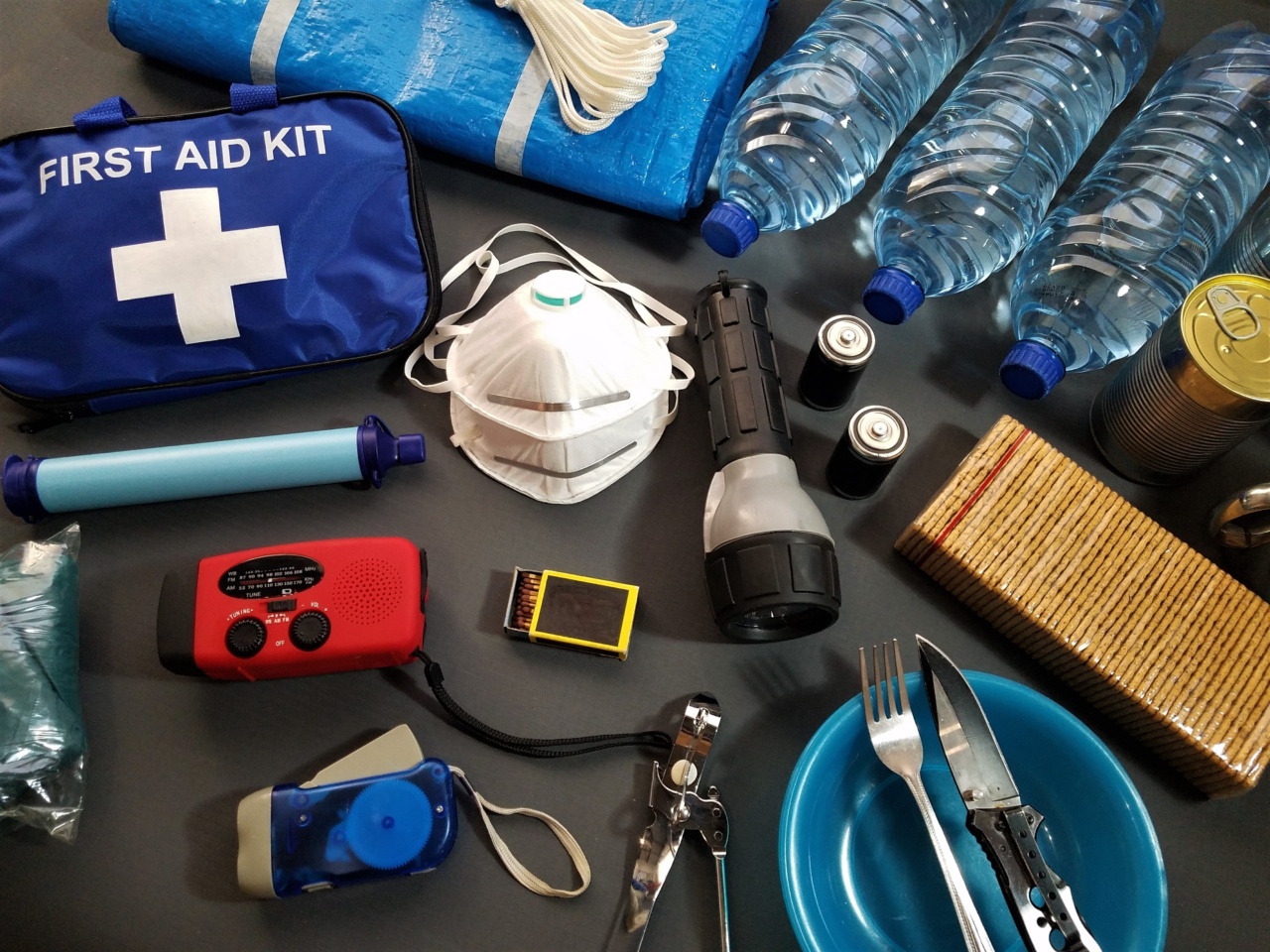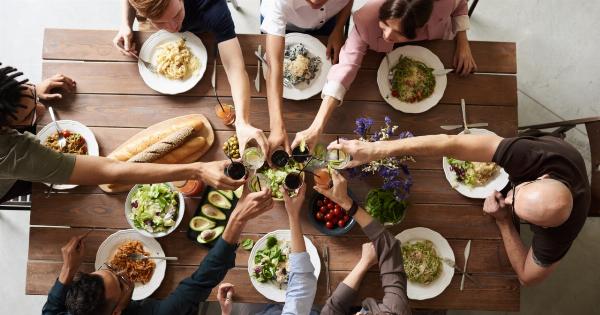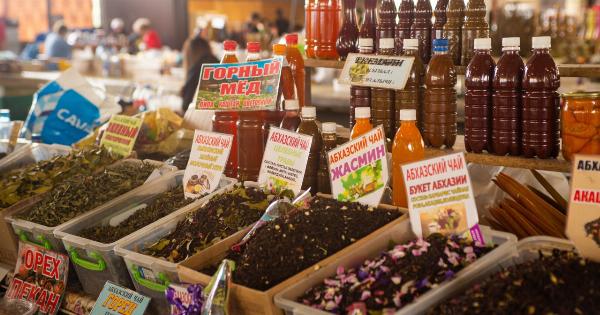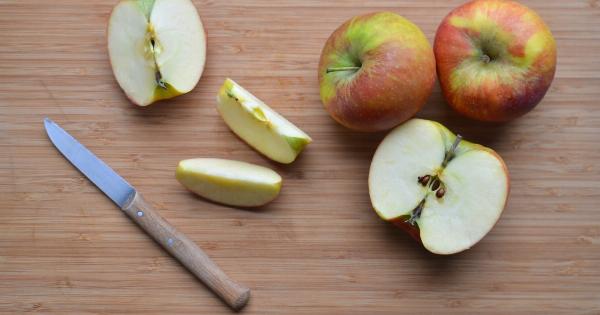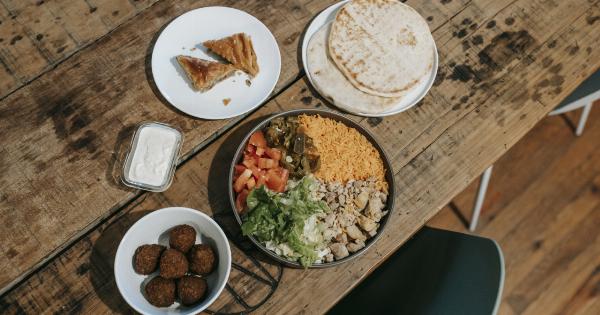Food poisoning is a common illness caused by consuming contaminated food items or water. Symptoms of food poisoning may vary from mild discomfort to severe abdominal cramps, nausea, vomiting, and diarrhea.
The severity of symptoms depends on the type of bacteria or virus that causes the infection and the amount of contaminated food consumed.
Types of Food Poisoning
There are several types of food poisoning, such as:.
- Salmonella Poisoning: Caused by consuming food items contaminated with Salmonella bacteria.
- E. coli Poisoning: Caused by consuming food items contaminated with E. coli bacteria.
- Botulism: Caused by consuming food items contaminated with Clostridium botulinum bacteria.
- Norovirus Infection: Caused by consuming food items or water contaminated with Norovirus.
Symptoms of Food Poisoning
The common symptoms of food poisoning are:.
- Stomach cramps
- Nausea
- Vomiting
- Diarrhea
- Fever
- Dehydration
- Headache
- Muscle pain
First Aid for Food Poisoning
If you or someone you know experiences symptoms of food poisoning, follow these first aid steps:.
- Stay Hydrated: The first and foremost step in treating food poisoning is to stay hydrated. Drink plenty of fluids like water, coconut water, clear broths, and electrolyte drinks to prevent dehydration.
- Rest: Rest is essential to help the body fight off the infection. Avoid physical exertion and take enough rest.
- Clear Liquids: If the person is vomiting or experiencing diarrhea, start with clear liquids like water, clear broths, and electrolyte drinks. Gradually introduce other fluids like milk, juice, and sports drinks as the symptoms improve.
- BRAT Diet: BRAT stands for bananas, rice, applesauce, and toast, which are bland foods that are easy to digest. Stick to this diet until the symptoms subside.
- Anti-diarrheal Medications: Over-the-counter anti-diarrheal medications like loperamide can help control diarrhea, but these should be taken only after consulting a healthcare professional.
- Avoid Certain Foods: Avoid foods that are high in fat, fiber, and spices as they can worsen the symptoms of food poisoning. Also, avoid alcohol and caffeine until the symptoms subside.
- Medical Attention: If the symptoms persist or worsen, seek medical attention immediately. People with weakened immune systems, infants, and the elderly are at a higher risk of complications and should seek medical attention as soon as possible.
Preventing Food Poisoning
Preventing food poisoning is always better than treating it. Here are some tips to prevent food poisoning:.
- Wash Hands: Thoroughly wash your hands for at least 20 seconds before handling food items or after using the bathroom.
- Clean and Sanitize: Keep your kitchen and cooking utensils clean and sanitize them regularly.
- Cook Food Properly: Cook food items at the proper temperature to kill harmful bacteria. Use a food thermometer to check the temperature.
- Store Food Properly: Store food items at the proper temperature to prevent the growth of bacteria. Use refrigerators, freezers, and coolers appropriately.
- Avoid Cross-contamination: Keep raw and cooked food items separate and avoid cross-contamination.
- Avoid High-risk Foods: Avoid high-risk foods like raw or undercooked meat, eggs, seafood, and unpasteurized dairy products.
- Check Expiration Dates: Check the expiration dates of food items before consuming and discard any expired or moldy food.
Conclusion
Food poisoning is a common illness that can be treated with proper first aid and medical attention. Stay hydrated, rest, and stick to a bland diet until the symptoms subside.
Follow food safety guidelines to prevent food poisoning and enjoy your meals safely.
